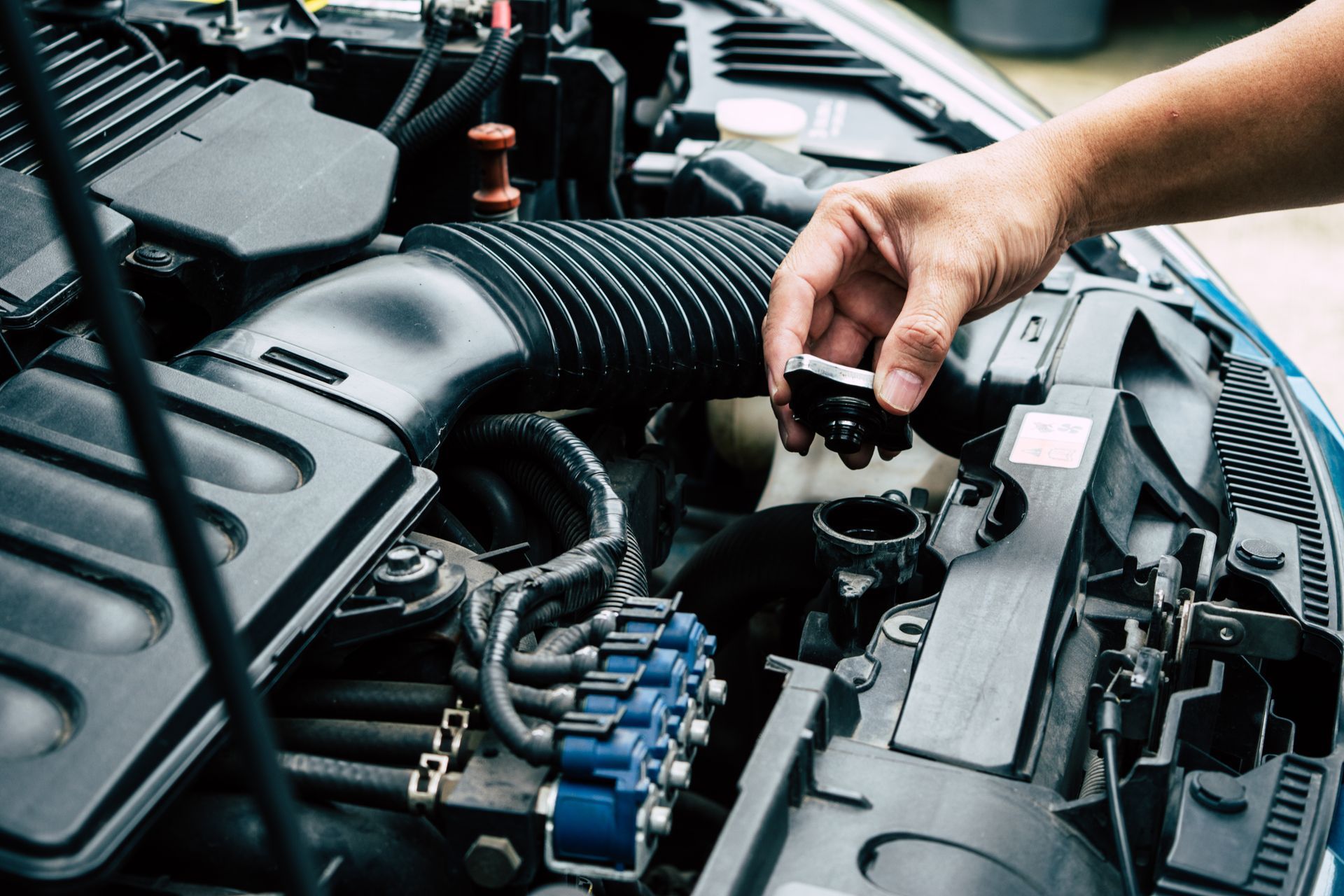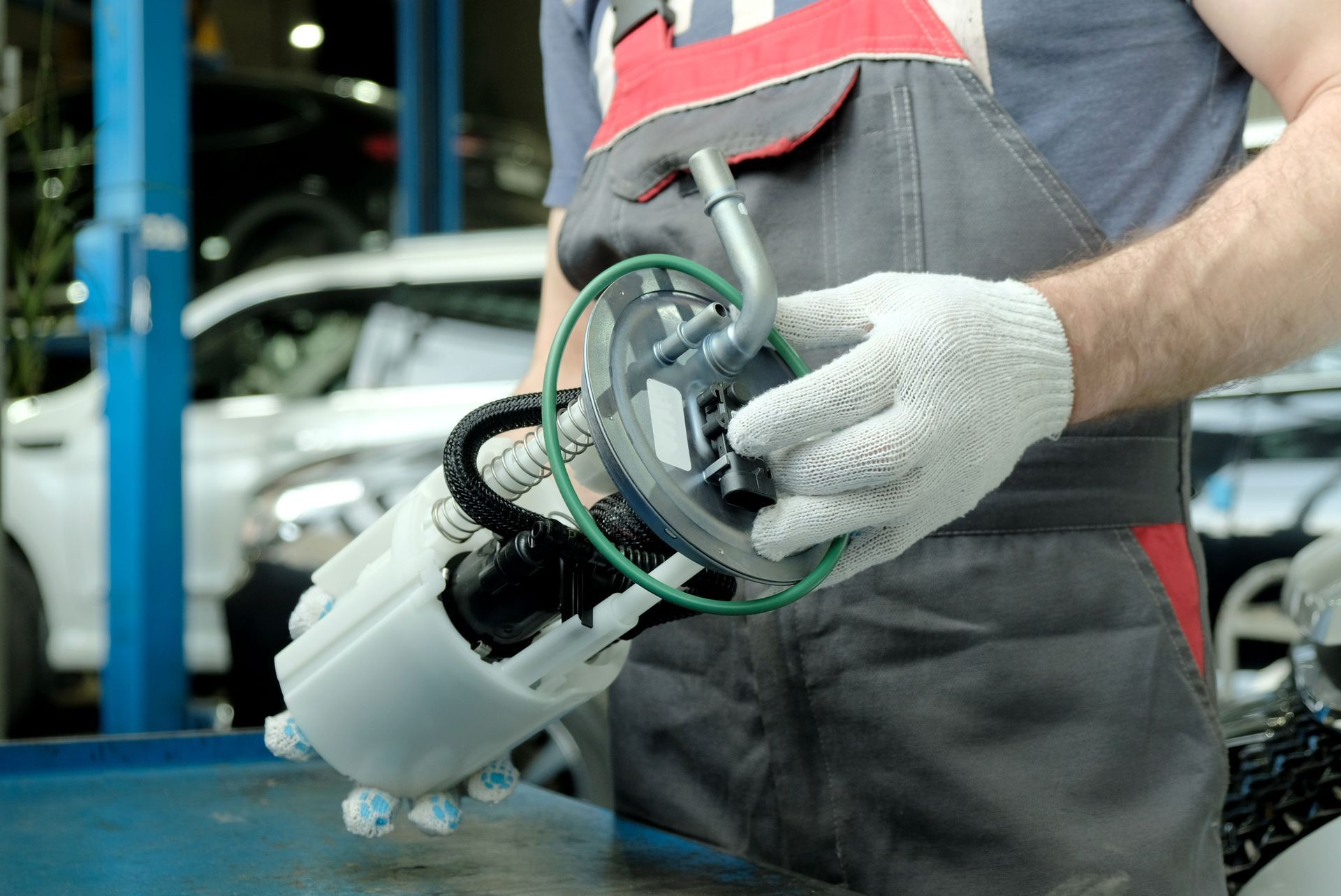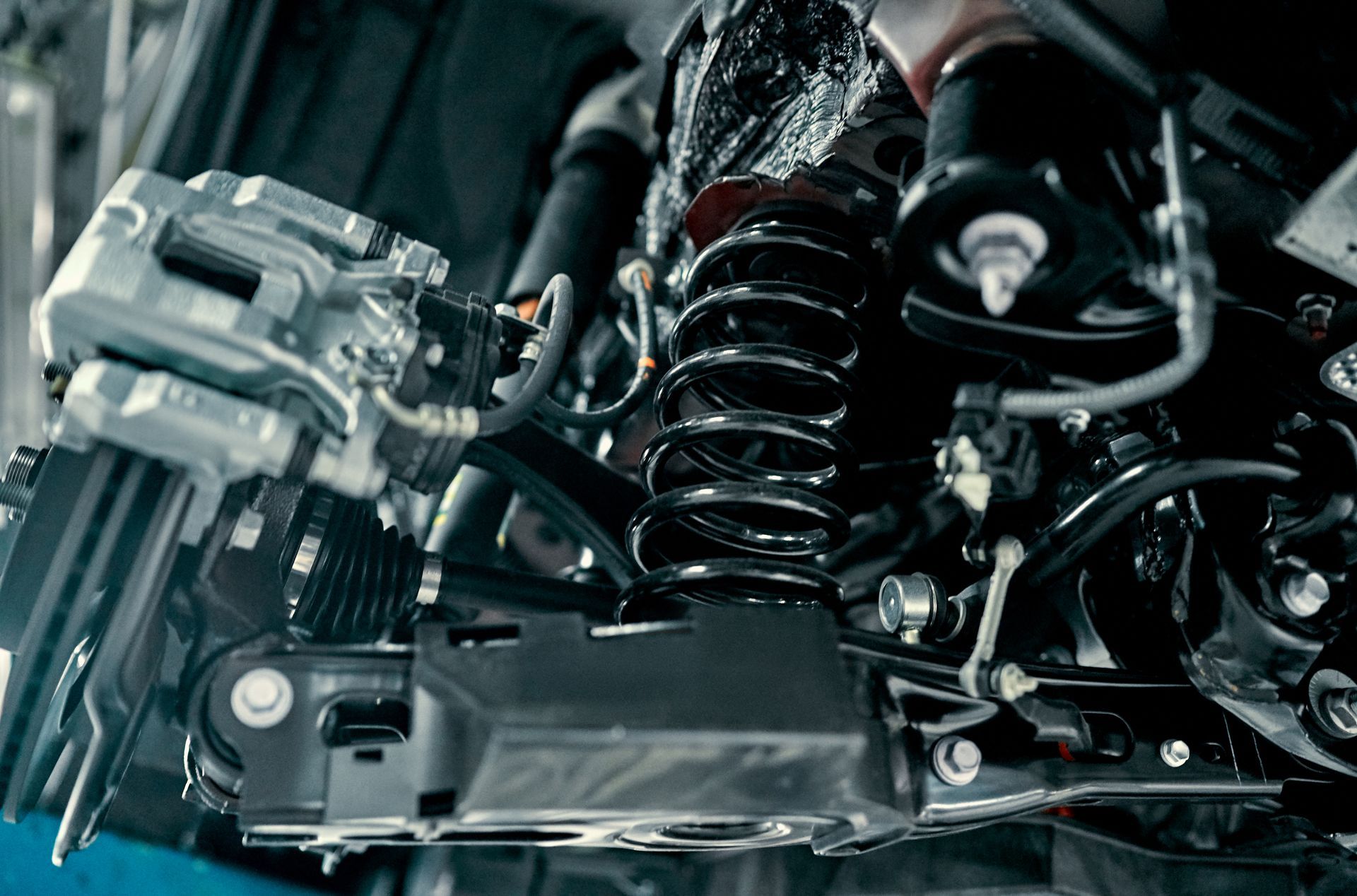Our Blog

Vehicles, much like the human body, require regular maintenance to ensure optimal performance and longevity. One crucial aspect of this maintenance is the proper care and maintenance of the various fluids that keep the vehicle running smoothly. Understanding the significance of different fluid flushes and knowing when to consider them can make a substantial difference in the overall health and performance of your vehicle. Importance of Regular Fluid Maintenance Fluids are the lifeblood of any vehicle, playing a vital role in lubrication, cooling, and overall functionality. Regular maintenance of these fluids ensures that the engine, transmission, and other critical components operate efficiently, reducing the risk of premature wear and tear. Different Types of Fluids in Vehicles Engine Oil Engine oil acts as a lubricant, preventing friction and heat build-up within the engine. An engine oil flush helps remove sludge and contaminants, ensuring smooth engine performance and prolonging its lifespan. Transmission Fluid The transmission fluid serves as a hydraulic fluid, facilitating gear shifts and ensuring smooth transmission operation. A transmission fluid flush removes debris and contaminants, preventing potential transmission issues and maintaining optimal performance. Coolant The coolant regulates the engine's temperature, preventing it from overheating. A coolant flush eliminates debris and prevents corrosion, safeguarding the engine from potential damage and maintaining its cooling efficiency. Brake Fluid Brake fluid enables the proper functioning of the braking system, ensuring safe and effective braking. A brake fluid flush removes moisture and contaminants, preventing brake failure and maintaining reliable braking performance. Power Steering Fluid Power steering fluid assists in smooth steering wheel operation, making it easier to control the vehicle. A power steering fluid flush eliminates impurities, preventing steering issues and ensuring consistent maneuverability. Signs That Your Vehicle Needs a Fluid Flush Unusual noises or vibrations Reduced performance and efficiency Overheating or frequent temperature fluctuations Leaks or fluid discoloration Delayed or rough gear shifts Identifying these signs can prompt timely fluid maintenance, preventing potential damage and expensive repairs. Benefits of Getting Regular Fluid Flushes Regular fluid flushes offer various benefits, including: Improved engine performance and efficiency Enhanced fuel economy Prolonged lifespan of vehicle components Prevention of costly repairs and breakdowns Increased safety and reliability on the road The Risks of Ignoring Fluid Maintenance Neglecting fluid maintenance can lead to severe consequences, such as: Engine or transmission failure Braking system malfunctions Power steering issues Reduced fuel efficiency Safety hazards on the road FAQs When should I consider getting a coolant flush? A coolant flush is recommended every 24,000 to 36,000 miles or every two to three years, depending on your vehicle's make and model. How often should I change my engine oil? It's advisable to change your engine oil every 5,000 to 7,500 miles or as recommended by your vehicle's manufacturer. Are DIY fluid flush kits effective for all vehicle types? DIY kits may work for some vehicles, but professional services ensure thorough maintenance tailored to your specific vehicle's needs. What are the risks of postponing a transmission fluid flush? Postponing a transmission fluid flush can result in transmission slippage, poor gear shifts, and potential damage to the transmission system. If you are ever in need of fluid services, or any other maintenance tasks, Cosmo's Service Center is here to assist! Book an appointment through our site with just a few clicks or by calling!





